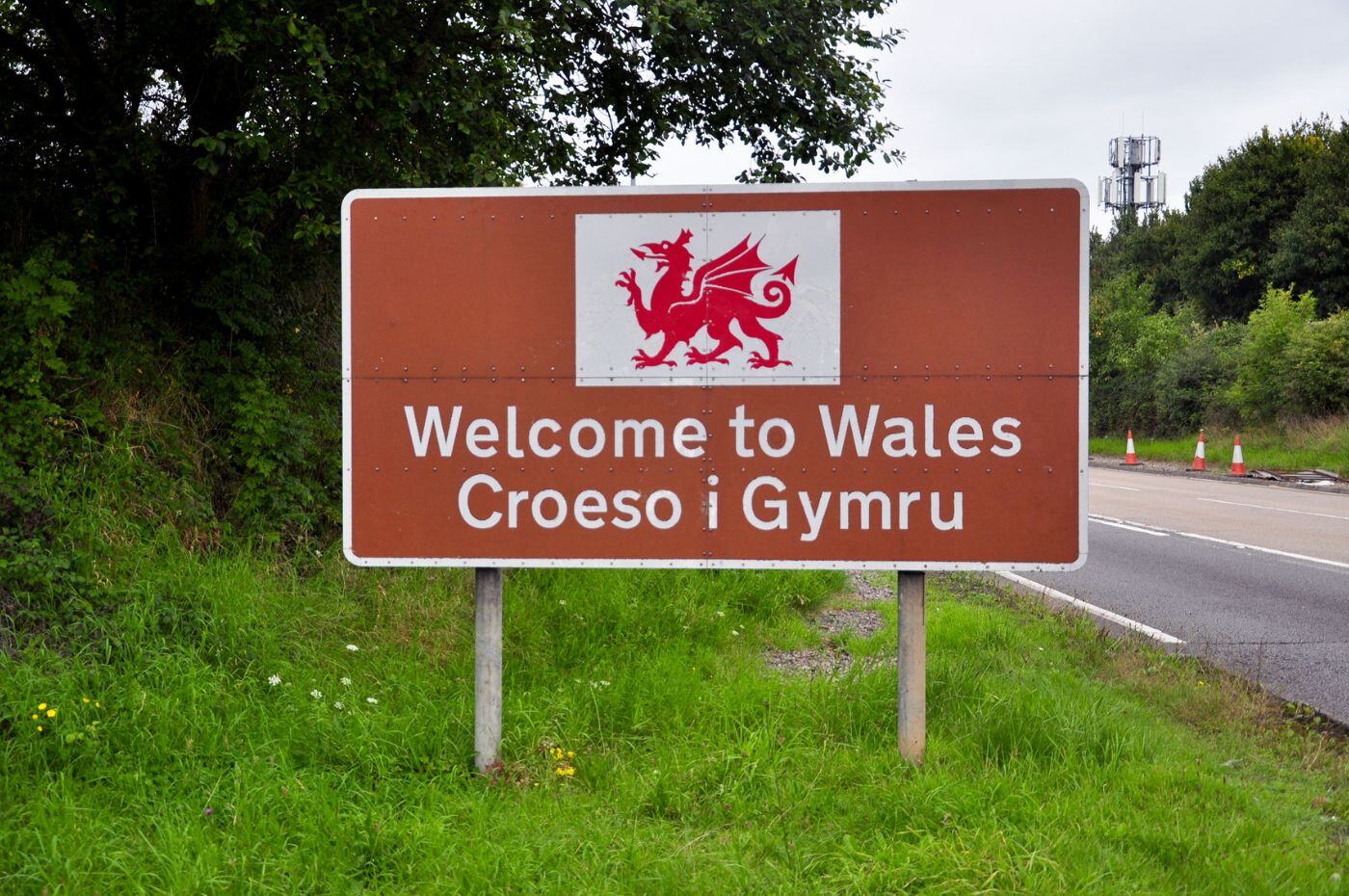Bill to ban greyhound racing in Wales on the rocks, as Senedd committees slam poor practice
The Welsh Government's Bill to ban greyhound racing in Wales is looking to be...
View Details
The Welsh government has announced its intention to bring forward the tourism tax proposal by 2027, for both adults and children visiting Wales for overnight stays.
From 2027, Wales may introduce a tourism tax of up to £1.25 per night. The proposed visitor levy would apply to guests staying in hotels, B&Bs and self-catered accommodation in areas where local councils choose to implement it.
For stays in hostels and campsites, a lower rate of 75p per night is proposed. The levy, which will be charged per person, per night aims to raise funds to support services in popular tourist areas.
The Welsh government estimates the tax could generate around £33 million annually if adopted widely, though not all councils are expected to implement it. Councils would have the flexibility to increase the rate in the future, subject to consultations and a 12-month notice period.
Certain exemptions will apply, including stays longer than 31 nights, individuals in temporary accommodation, and residents of homeless hostels.
Critics argue the tax could harm the tourism sector, with claims that the government should be supporting the industry rather than imposing new charges. However, some who operate in the sector or live in areas of high visitor frequency feel that the tourism tax would bring a welcome financial contribution to areas popular with tourists, which inevitably comes at a cost.
Local amenities such as toilets, car parks and accessible paths could benefit from the extra income the tax could bring which in turn would support the community and improve visitor experience.
Tourism taxes are common across the globe, with dozens of countries and cities implementing these levies to fund infrastructure, services or environmental preservation. European countries like France, Italy, Spain and the Netherlands charge per-night fees or percentages based on accommodation types and cities. Amsterdam, for instance, applies a 12.5% tax on accommodation, while other cities might charge flat fees ranging from €1 to €15 depending on hotel ratings or seasons.
The legislation for the levy was published on Monday the 18th of November and must be approved by the Welsh Parliament. If passed, the earliest implementation date would be April 2027.
Revenue from the tax will be ring-fenced for specific purposes including promoting tourism, supporting the Welsh language, and improving infrastructure or services used by visitors. Officials said the levy has been designed to be straightforward, with a uniform rate for adults and children.
The tourism tax has certainly had mixed reactions amongst Countryside Alliance members and supporters, however the majority of those I have spoken to over the summer have opposed the idea and see it as another tax on their efforts to diversify their farm business into tourism, which is already struggling to be viable following the Welsh government’s decision in August 2024 to give local councils the power to charge higher council tax premiums on second homes and holiday lets.
To re-cap, if a property is set up as a holiday let business but does not reach the required 182-day or 252-day thresholds, it will be charged council tax instead of business rates, as well as any council tax premium the council has introduced.
We shall see if the required piece of legislation is passed, which fairly likely.

The Welsh Government's Bill to ban greyhound racing in Wales is looking to be...
View Details
More than 300 farmers and landowners have taken High Court action against...
View Details
Dyfed Powys Police have introduced a new community messaging system, ‘Dyfed...
View Details